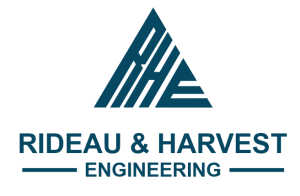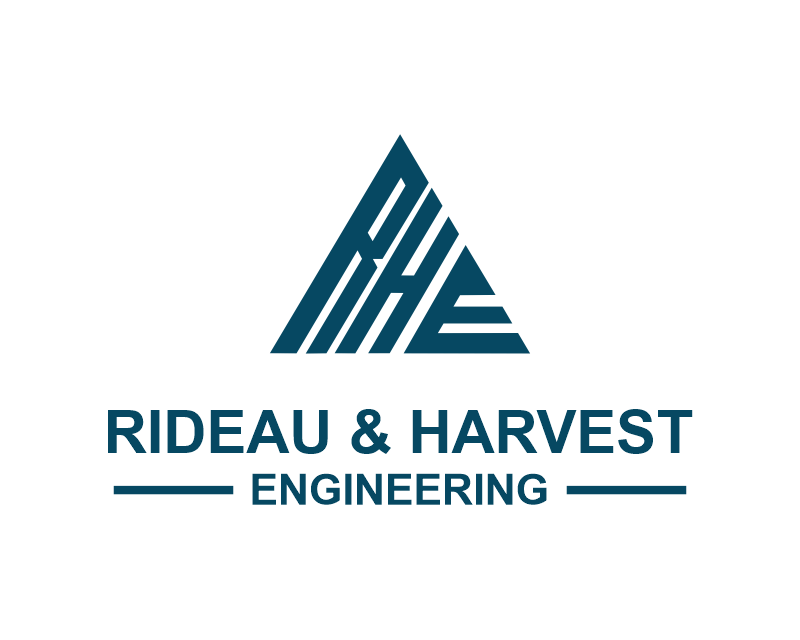Let’s Start Work
Together
Please feel free to contact us. We will get back to you with 1-2 business days. Or Just call us now.
How We Work
RHENG have collectively undertaken hundreds of successful transportation planning, design, and construction projects during their careers in both the public and private sectors. Our hands-on approach makes this expertise immediately available to our clients – a critical difference in today’s consulting profession.
Our Solutions & Benefits
- Traffic Impact Assessment
- Parking Relaxation Studies, Shared Parking
- Traffic Accommodation Strategy
- Traffic Signal Design
- Civil Designs
- Signal Operations & Coordination Timing Plans
- Signing & Pavement Marking Design
- Traffic Engineering Studies & Modeling
- Site Access and Traffic Circulation Evaluation
- Traffic Control
Traffic Engineering Services
- Traffic Count & Data Collection
- ITS, ATMS and Operations
- Parking Studies, Shared Parking & Functional Design
Transportation Planning Studies
- Corridor Study - This type of studies are usually performed 10 to 30 years in advance of construction or project implementation to identify how much transportation and or roadway improvements is needed, including building the new roads or upgrading the existing transportation infrastructure/or roadways.
- Network Study and Long-Range Planning - This type of studies are completed to determine general placement and classification for roadways within a planning area.
- Functional Planning Study - Functional planning studies develop concepts that outline long-term requirements for the ultimate design of transportation network or roadway within a specified study area. These studies usually involve both municipalities and provincial governments.
Transportation Planning Studies: Key Objectives
- Enhancing the mobility of people and goods movements and stimulating economy.
- Increasing the efficiency and safety of travel and goods movements considering different modes of transportation and transfer between the modes.
- Avoiding detrimental impacts of each mode of transportation on environment and communities.
- Minimizing monetary costs associated with travel time and capital investment on transportation infrastructures/facilities.
Roadway Improvements Design
- Intersection Conceptual Layout and Design
- Traffic Signing and Pavement Marking Plans
- Roadway Lighting Design
- Roundabout Design
- Access and Circulation Evaluations and Design, and
- Traffic Accommodation Plans for Roadway Constructions.
Traffic Signal Operations & Coordination Timing Plans
Our engineers utilize the state-of-the-art software programs to evaluate, simulate, optimize, coordinate and synchronize traffic signal systems. The software programs allow us to create timing model based on existing traffic volumes, roadway and intersection geometries, intersection spacing, and traffic characteristics of link speeds, travel times, and start-up lost times at signalized intersections. After the model calibration, optimized or coordinated timing plans are consequently developed, consisting of important timing parameters of offsets, force-offs, phase splits, phase sequence, left-turn phase treatments such as protected vs. permissive, and pedestrian timings. The timing plans are eventually implemented into the signal control systems based on the controller unit types.

